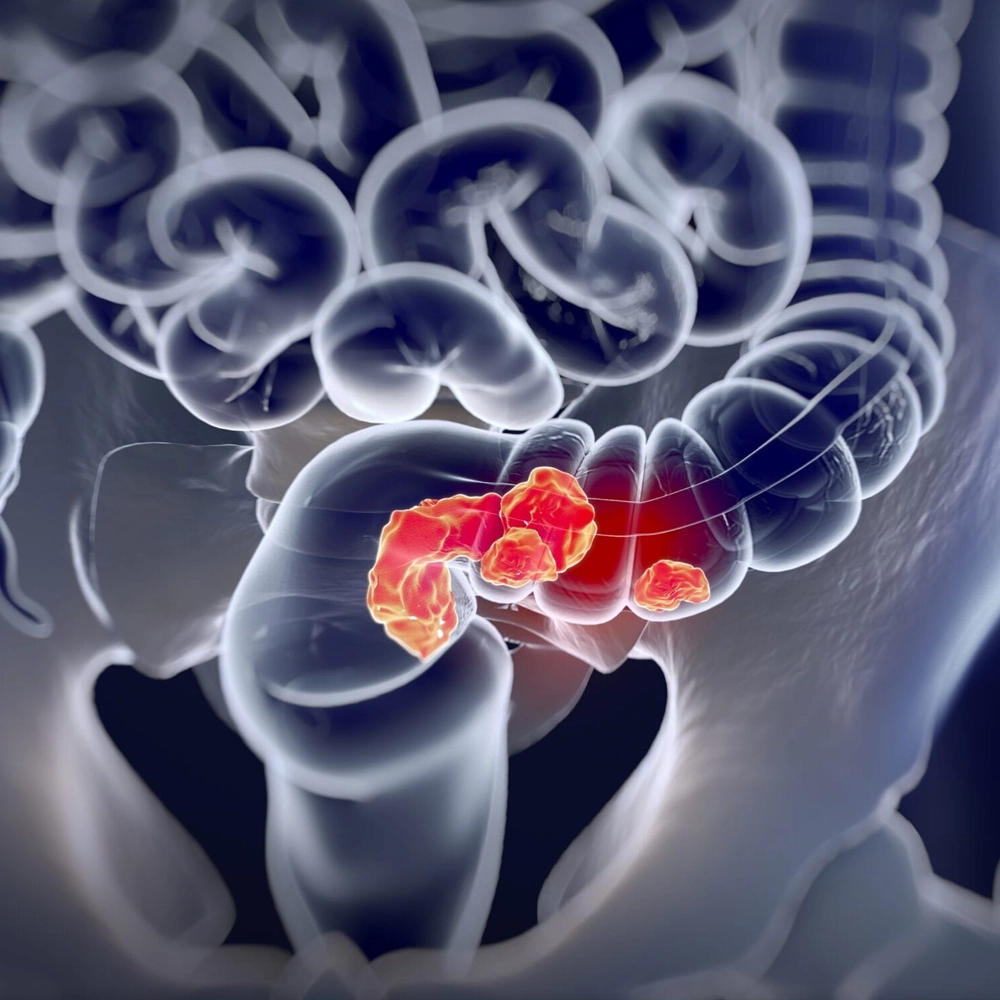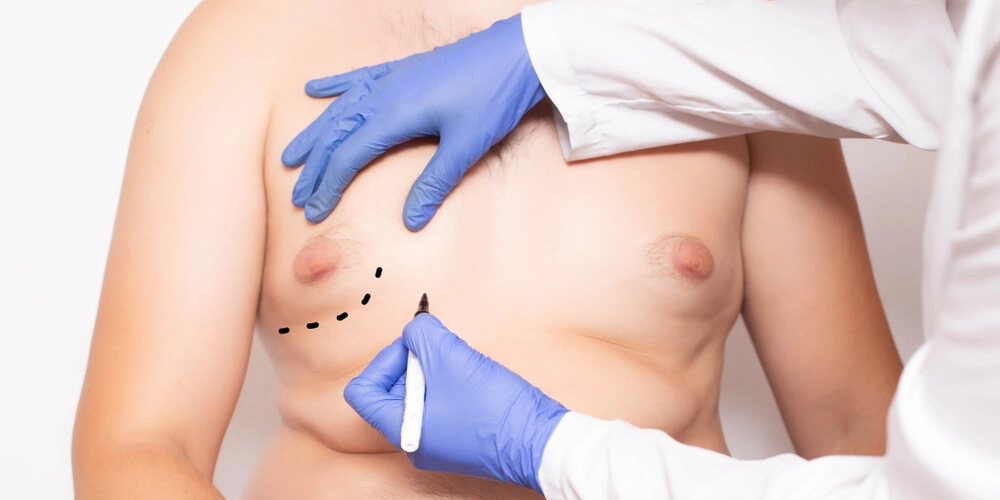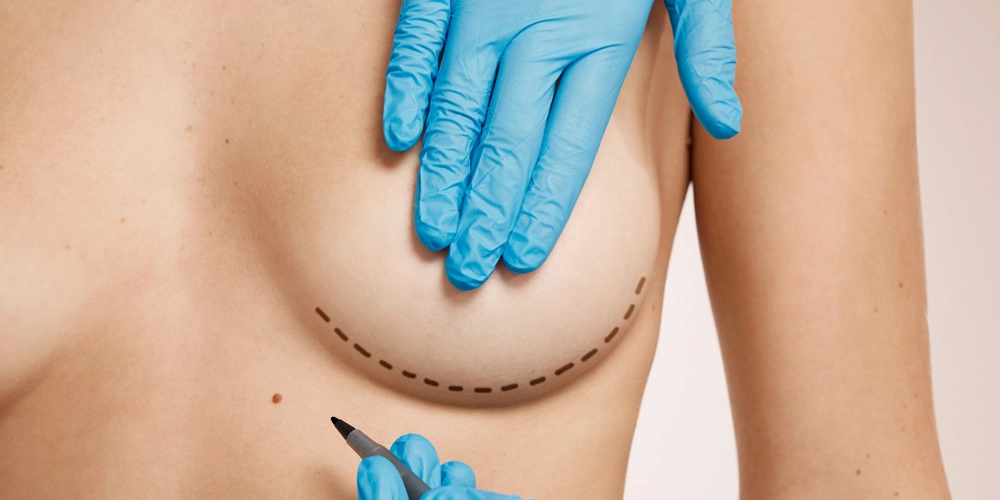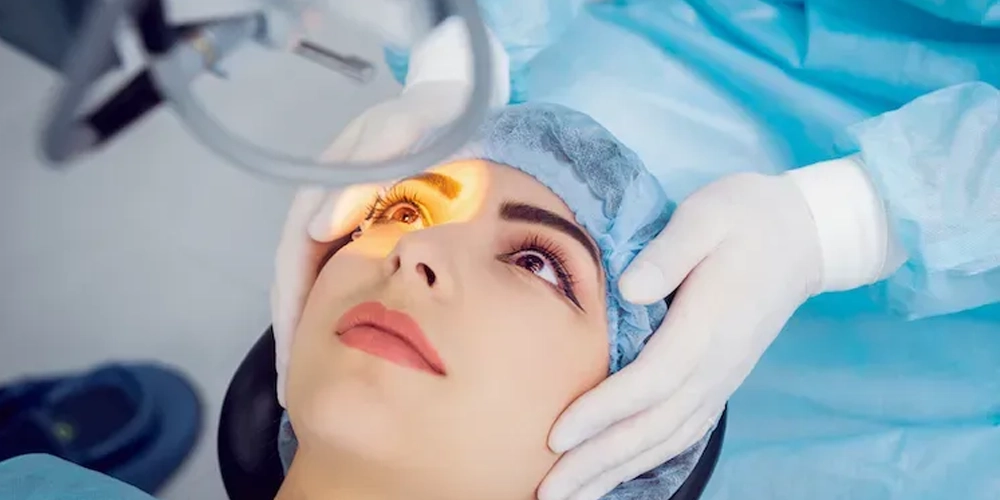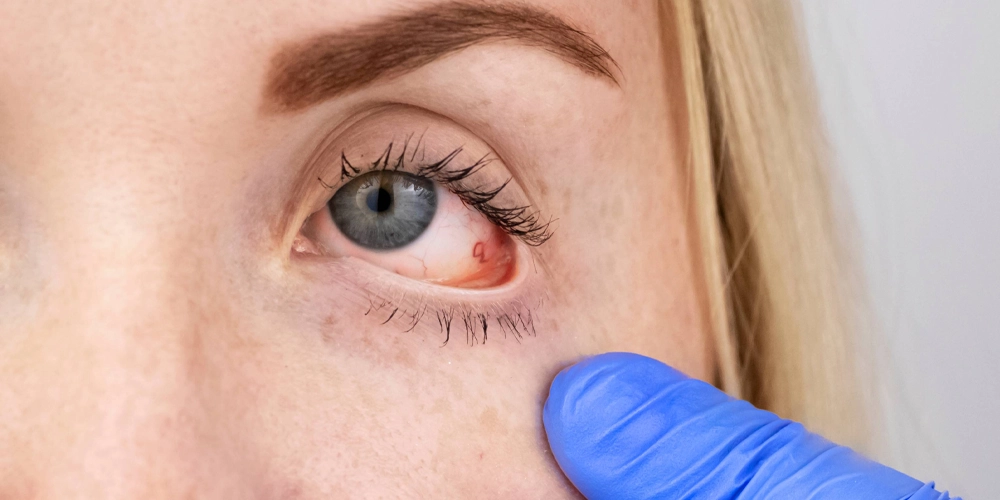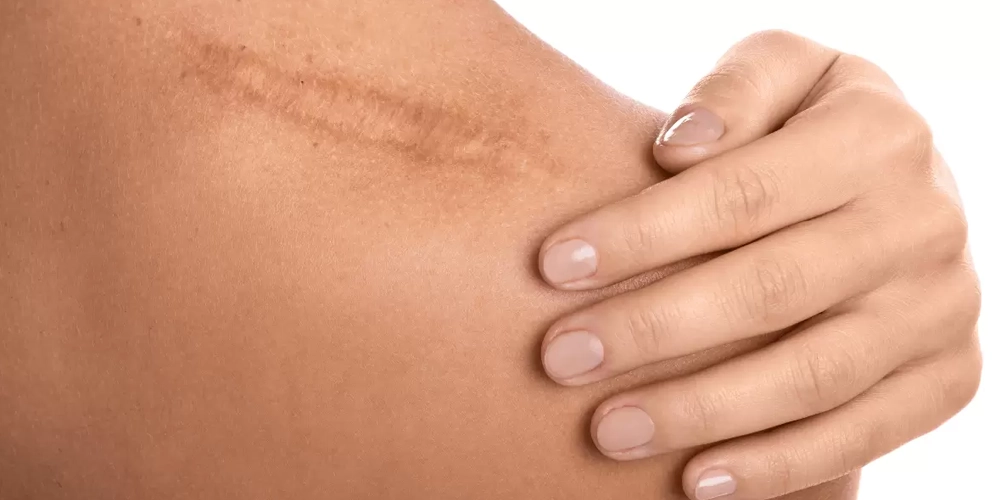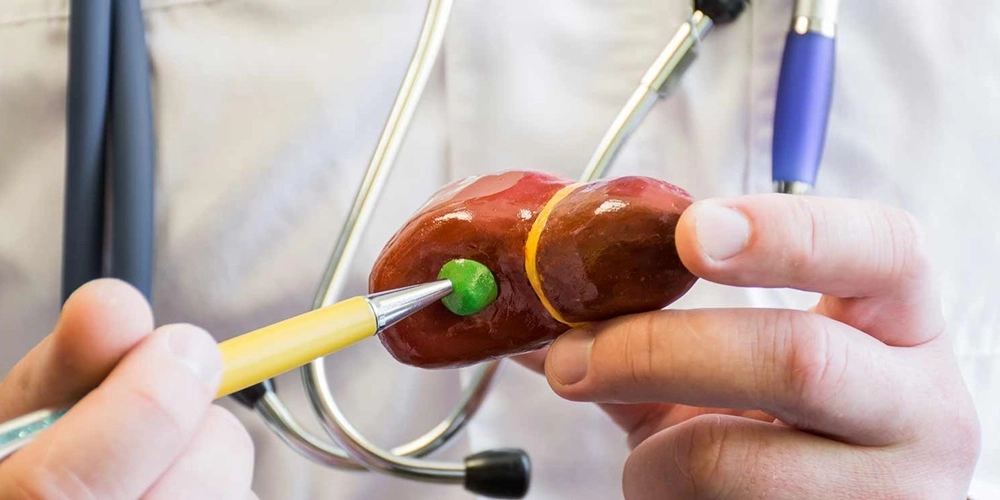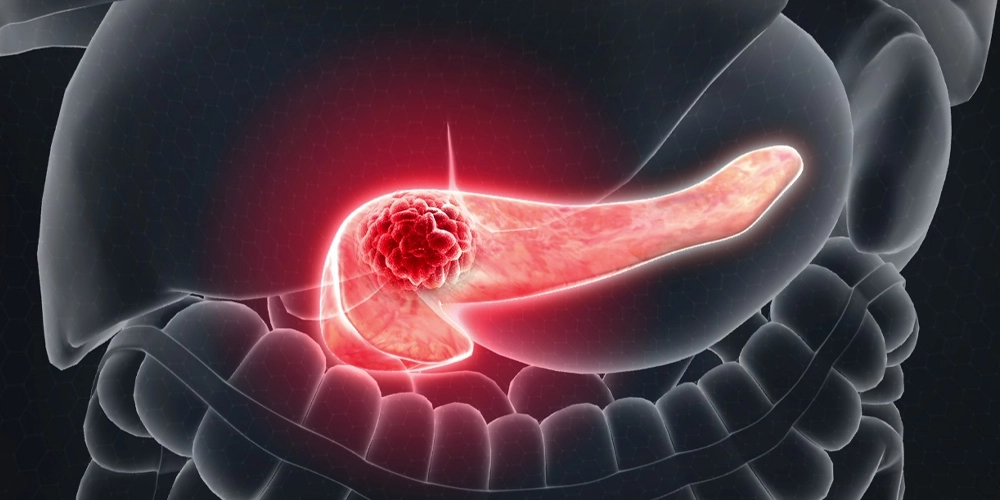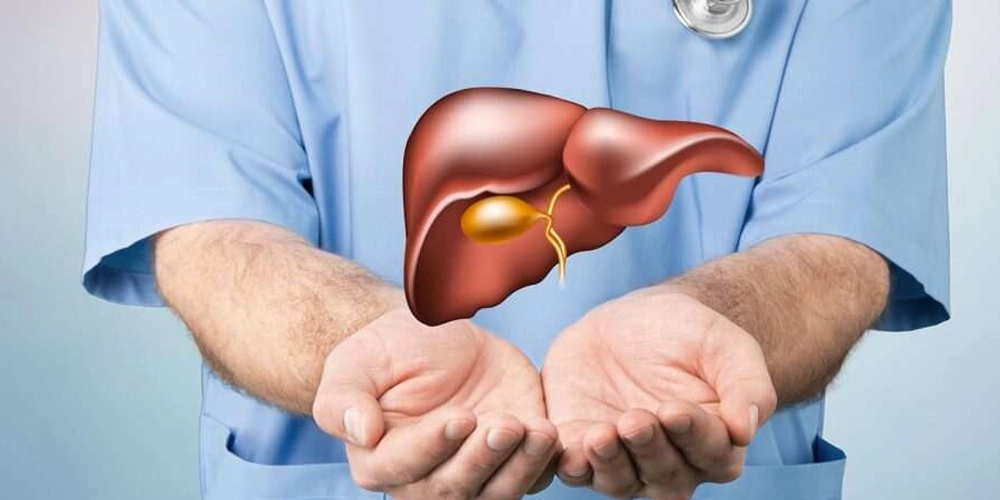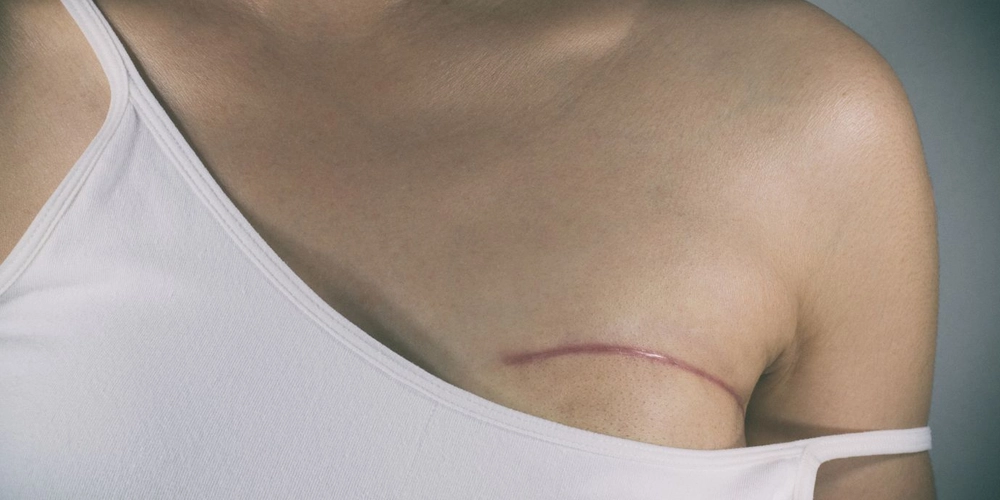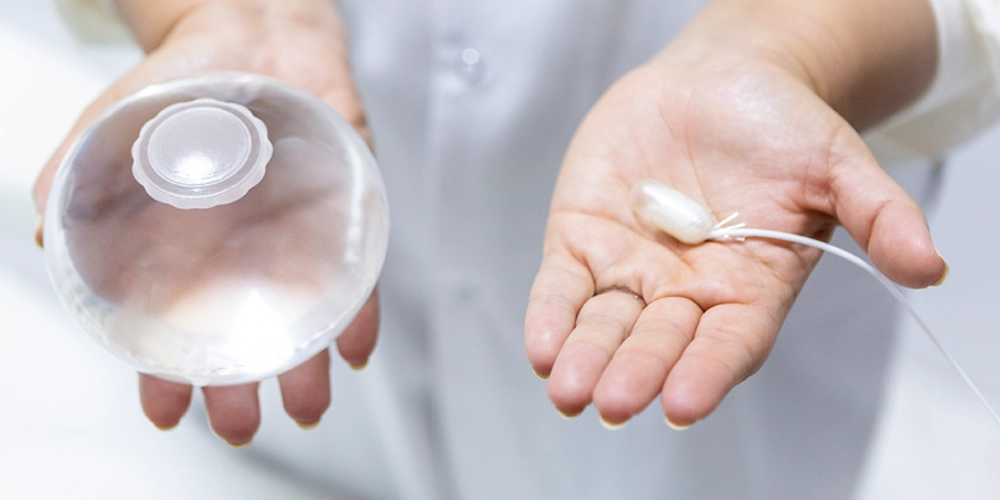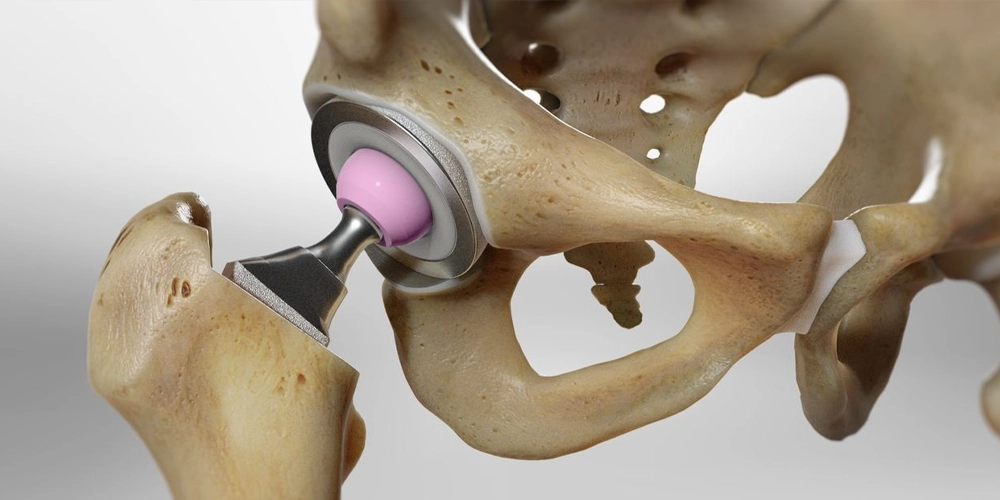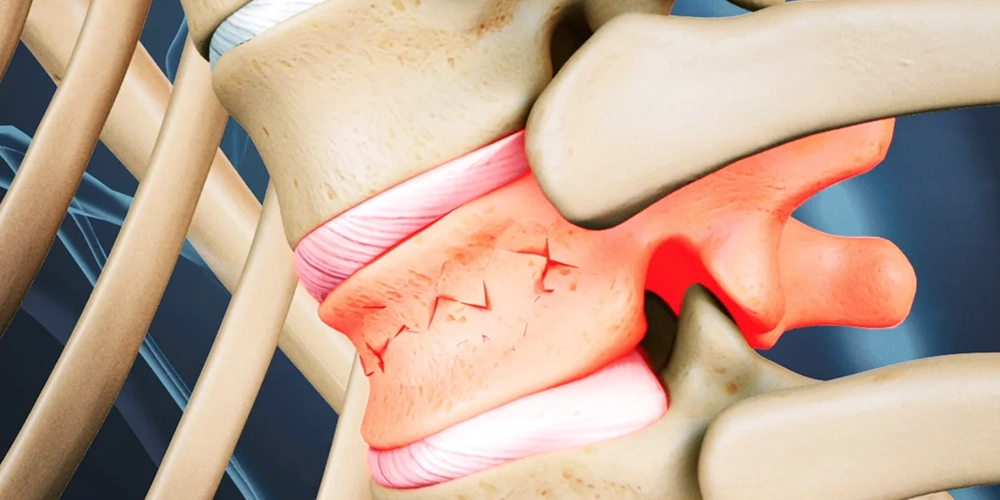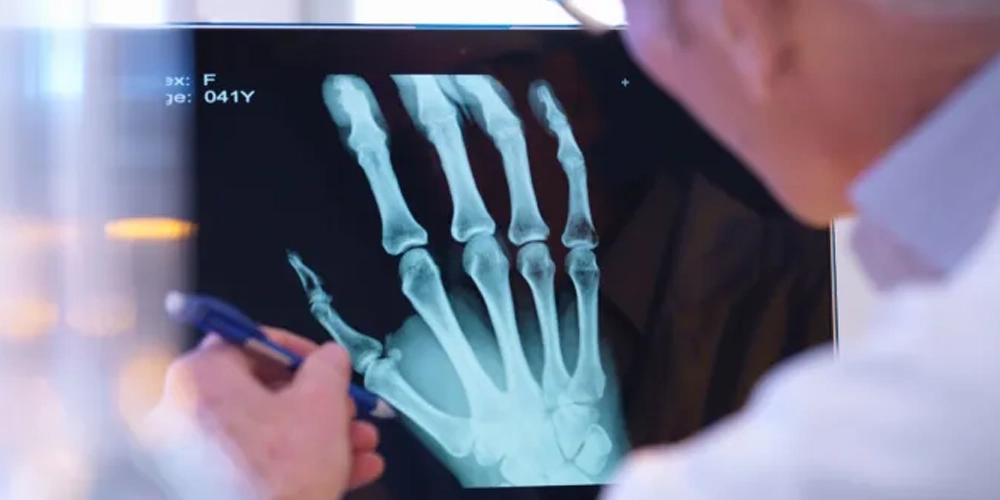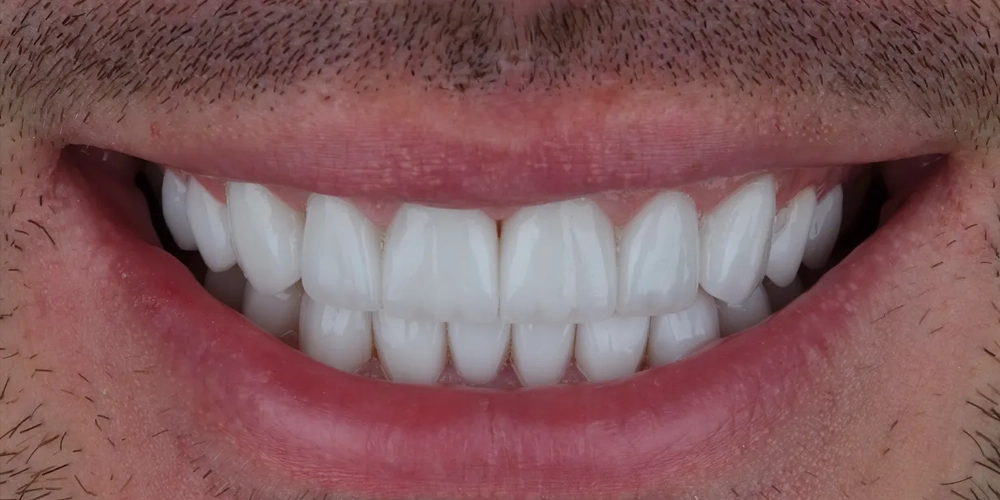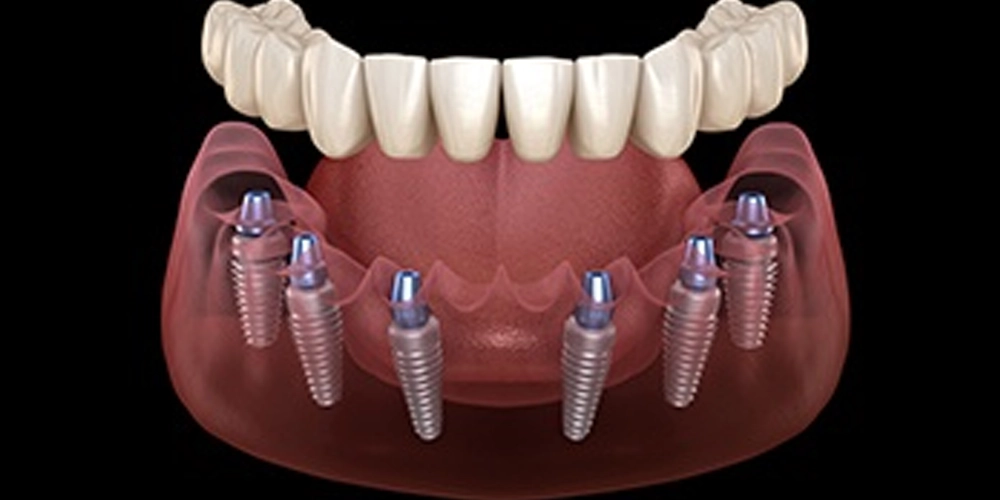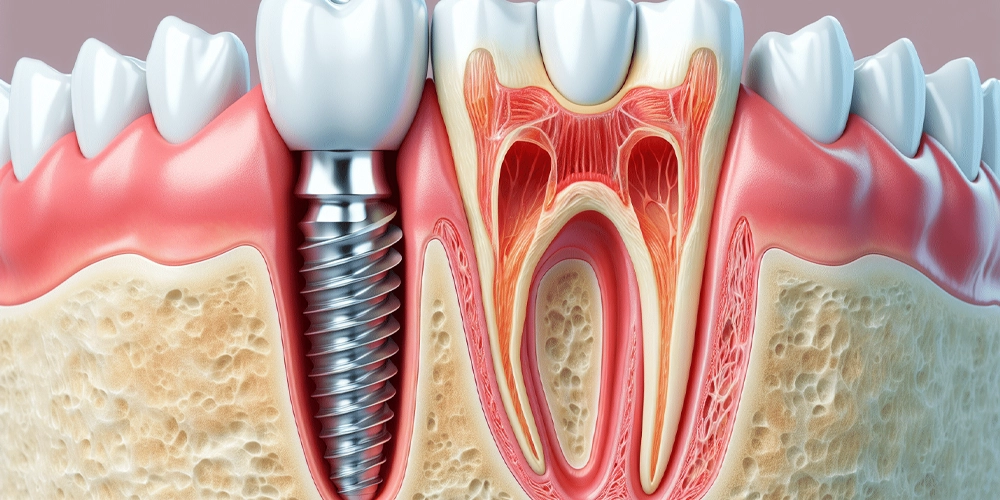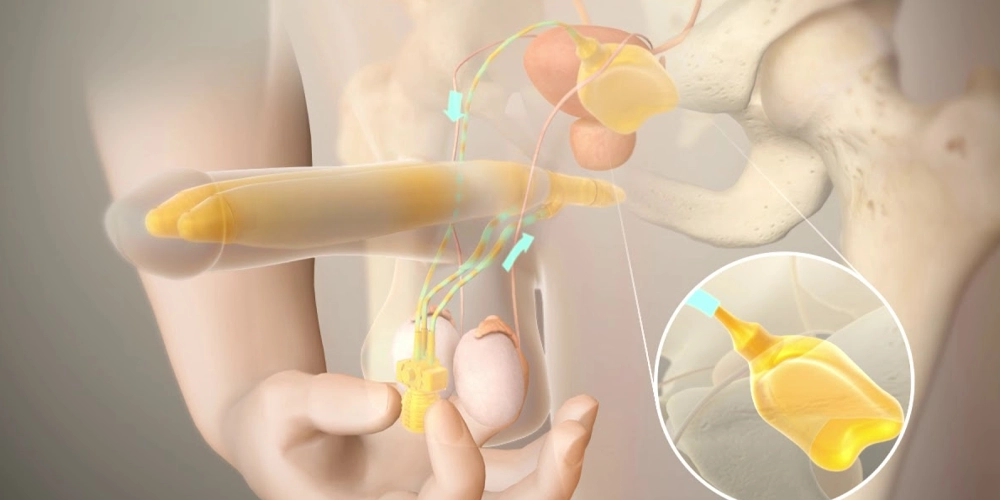

Rectal Cancer Surgery
2 – 5 Hours
General Anesthesia
Several Weeks
GET OFFER
Overview
Rectal cancer surgery is a critical procedure used to treat cancer that begins in the rectum, the final part of the large intestine. The surgery involves removing the cancerous section of the rectum and, in some cases, nearby lymph nodes to prevent the disease from spreading. The main goals are to completely remove the cancer, prevent its spread, and prolong the patient’s life. Due to the location and function of the rectum, these surgeries may sometimes require a temporary or permanent stoma (an opening of the intestine to the abdominal wall).
Rectal Cancer Surgery at Atlas University Hospital: Comprehensive Care
At Atlas University Hospital, we specialize in rectal cancer surgery, offering advanced treatment options tailored to each patient’s unique condition. Our expert surgical team is experienced in a variety of procedures, from local excisions to more complex resections. By choosing rectal cancer surgery at Atlas University Hospital, you are placing your trust in a dedicated team focused on achieving a complete tumor removal and guiding you toward a full recovery.
Why Choose Atlas University Hospital for Rectal Cancer Surgery?
Choosing Atlas University Hospital for your rectal cancer surgery means partnering with a specialized and compassionate team. Our patients trust us because of our:
- Surgical Expertise: Our surgeons are highly skilled in a range of procedures to effectively treat rectal cancer.
- Personalized Approach: We develop a customized surgical plan based on the cancer’s stage, size, and location.
- Comprehensive Care: We provide full support, from the initial diagnosis and pre-operative planning to post-operative recovery and beyond.
- Advanced Facilities: All procedures are performed in our modern hospital in Istanbul, equipped with the latest technology.
The Rectal Cancer Surgery Procedure at Atlas University Hospital
The rectal cancer surgery procedure at Atlas University Hospital is a meticulously planned and executed operation.
- Procedure: Varies based on the tumor (e.g., local excision, low anterior resection, abdominoperineal resection).
- Duration: Typically takes 2 to 5 hours, depending on the complexity of the case.
- Anesthesia: General anesthesia is administered for your comfort and safety.
- Location: All procedures are performed in the specialized surgical departments of Atlas University Hospital in Istanbul.
- Recovery: A typical hospital stay is 4-7 days. Full recovery may take several weeks, with our team providing dedicated support.
Your Rectal Cancer Surgery Journey: The Daily Plan at Atlas University Hospital
We provide a clear, day-by-day plan for your rectal cancer surgery journey at Atlas University Hospital to ensure a supportive and structured experience.
- Day 1: Arrive in Istanbul and transfer to the hospital. You will have a pre-operative consultation and complete all necessary diagnostic tests (e.g., colonoscopy, biopsy, CT scan). You’ll also begin bowel preparation.
- Day 2: Your rectal cancer surgery is performed. You will then receive post-operative care and monitoring.
- Day 3: A post-operative check-up is performed by the surgeon. You will begin to take fluids and start light walking. Your pain will be managed with medication.
- Days 4-6: Your hospital stay continues. You will gradually transition from a liquid to a solid diet. You will also receive training on stoma care if a stoma is required.
- Day 7: You will be discharged from the hospital and transferred to your hotel.
- Days 8-10: You will rest at your hotel, continuing your recovery and having a final check-up with your doctor.
- Day 11: You will return to your home country.
Post-Operative Care from Atlas University Hospital
Following your post-operative instructions from Atlas University Hospital is vital for a successful recovery after your rectal cancer surgery.
- Diet: Adhere to the dietary program recommended by your doctor, progressing from liquids to solid foods as advised.
- Medication: Take all prescribed medications regularly, especially for pain management.
- Activity: Gradually increase your physical activity with walking and light exercises as advised by your medical team.
- Stoma Care: If you have a stoma, follow all care instructions provided by your medical team.
- Follow-up: Schedule a follow-up appointment with a local doctor in your country for ongoing care and to discuss any additional treatments, such as chemotherapy or radiotherapy, if needed.
Frequently Asked Questions about Rectal Cancer Surgery
Q: Will there be a scar after rectal cancer surgery? A: The size of the scar depends on the surgical method. Open surgery results in a larger incision, while laparoscopic surgery leaves smaller, less noticeable scars.
Q: When can I return to a normal diet after surgery? A: This is a gradual process that depends on your individual recovery. It’s crucial to follow your doctor’s dietary recommendations to ensure proper healing.
Q: What are the risks of rectal cancer surgery? A: As with any major surgery, there are risks like bleeding and infection. Specific risks include bowel obstruction, leakage at the site where the intestines are reconnected (anastomosis), and delayed wound healing. Your surgeon will discuss these risks in detail.
Q: What is the life expectancy after rectal cancer surgery? A: Life expectancy varies and depends on several factors, including the cancer stage at diagnosis and the effectiveness of the treatment. Early-stage rectal cancer often has a better prognosis and a higher life expectancy after surgery.

